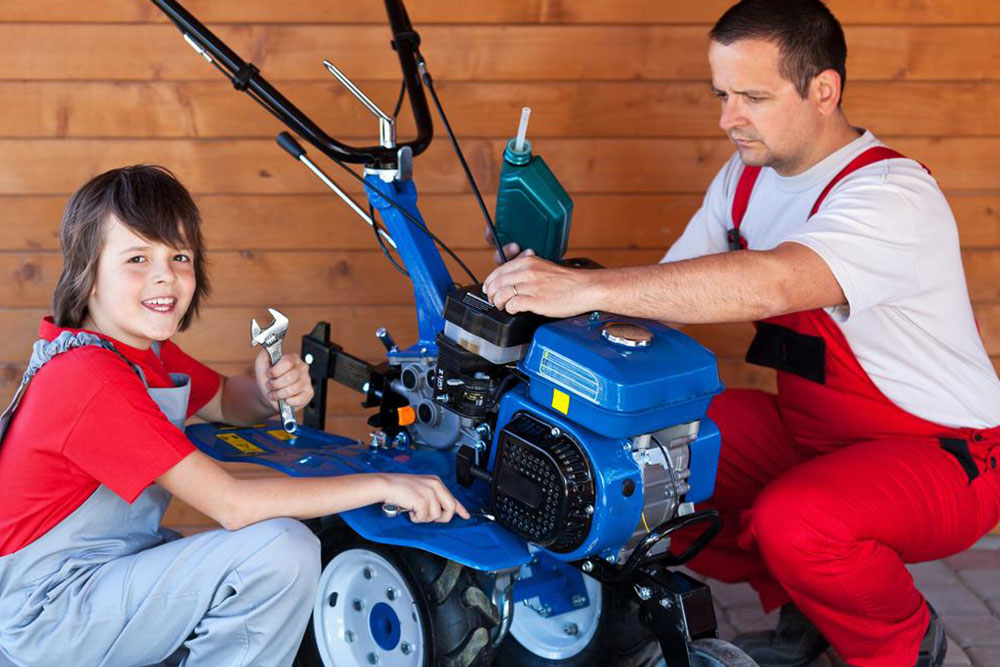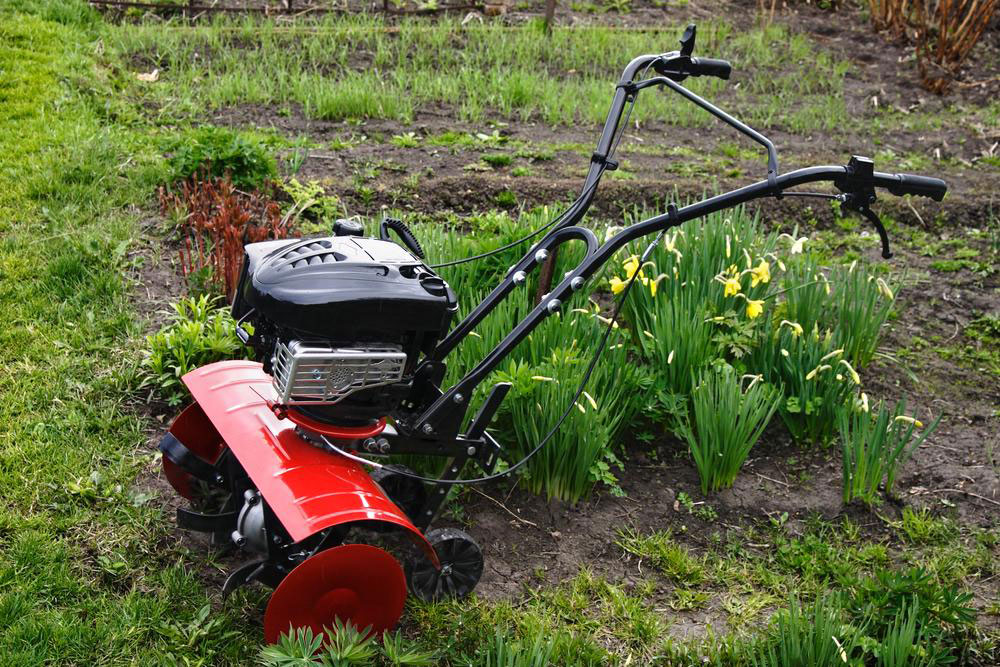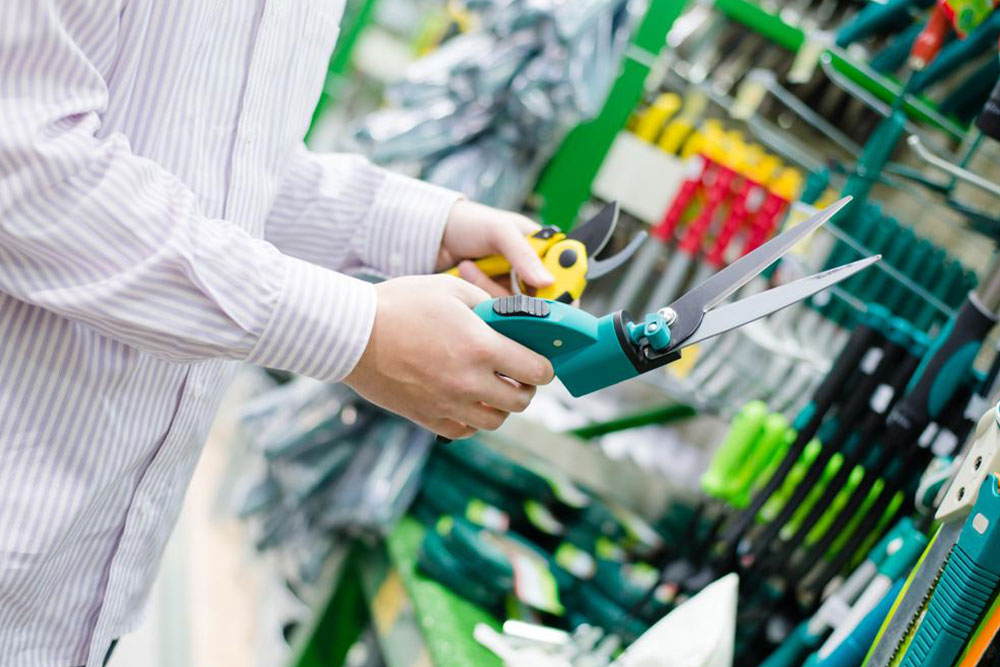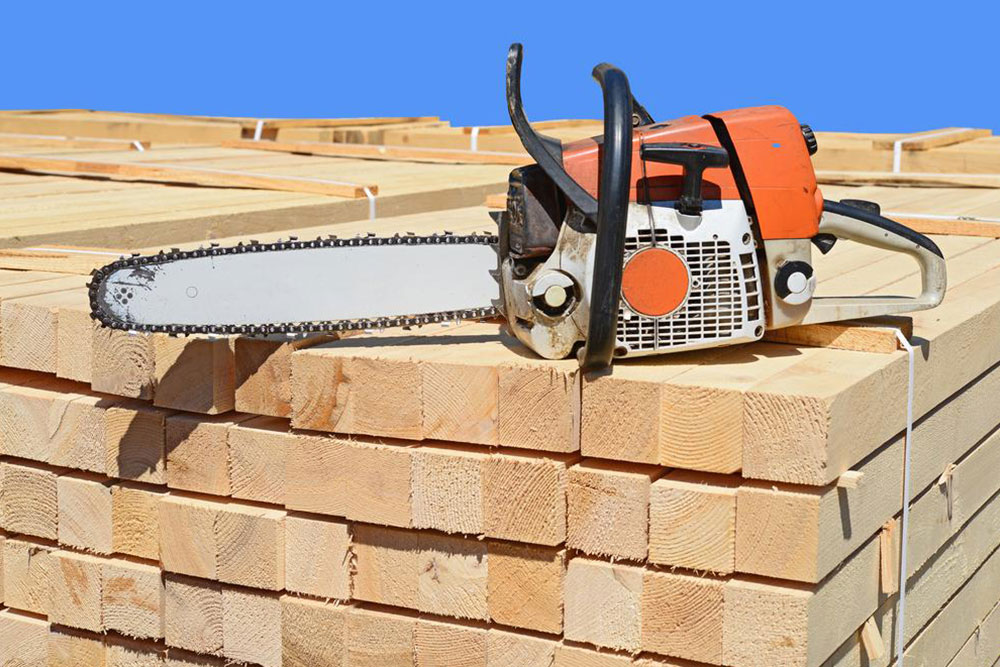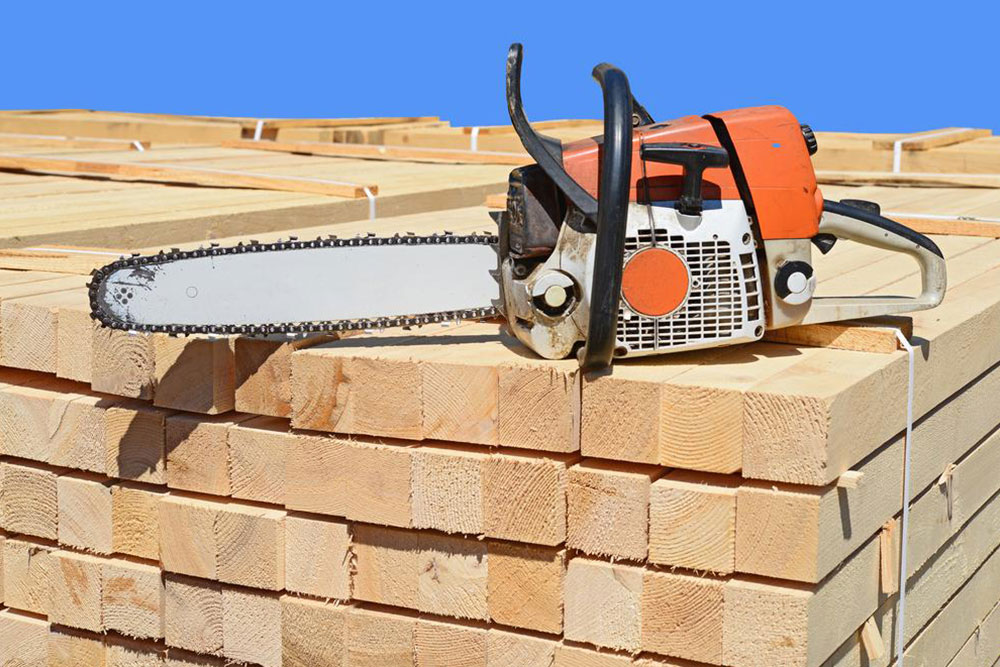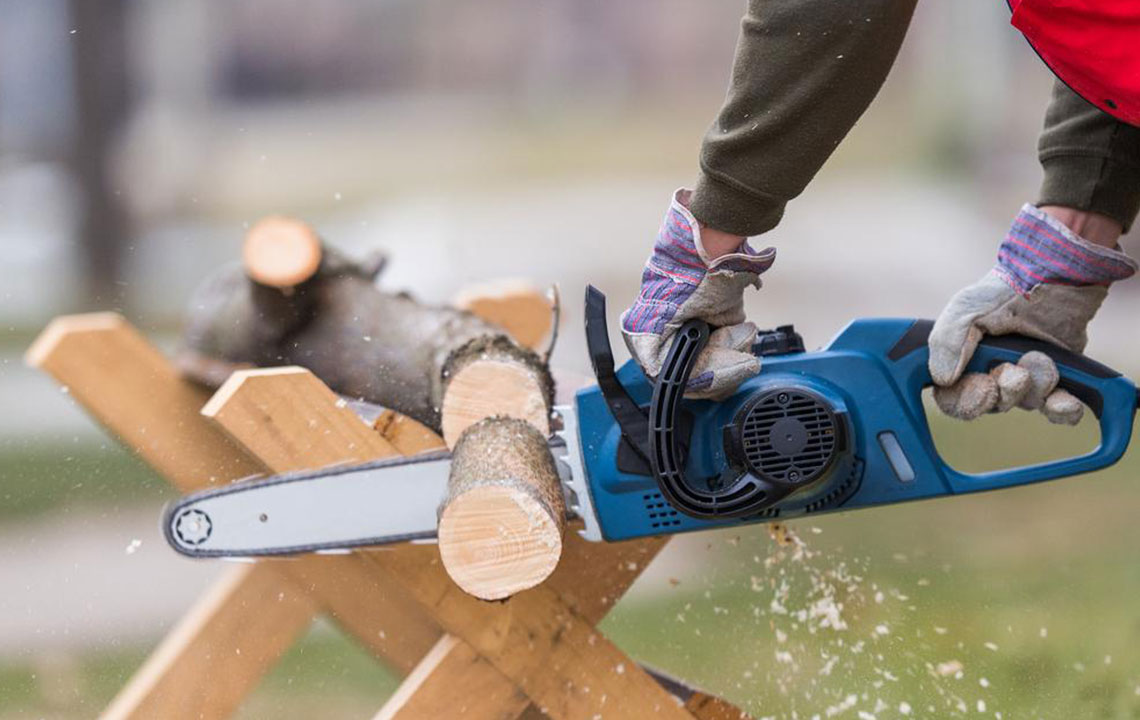Comprehensive Guide to Choosing the Perfect Garden Tiller for Your Gardening Needs
Discover an in-depth guide to choosing the right garden tiller, considering garden size, soil type, handling comfort, budget, and safety. Make informed decisions to enhance your gardening efficiency and durability of your equipment. Suitable for homeowners and professional gardeners alike, this comprehensive overview helps you select the perfect tiller for your specific needs, ensuring lasting performance and safety. Learn about different models, key features, and expert tips to optimize your soil preparation and gardening success.
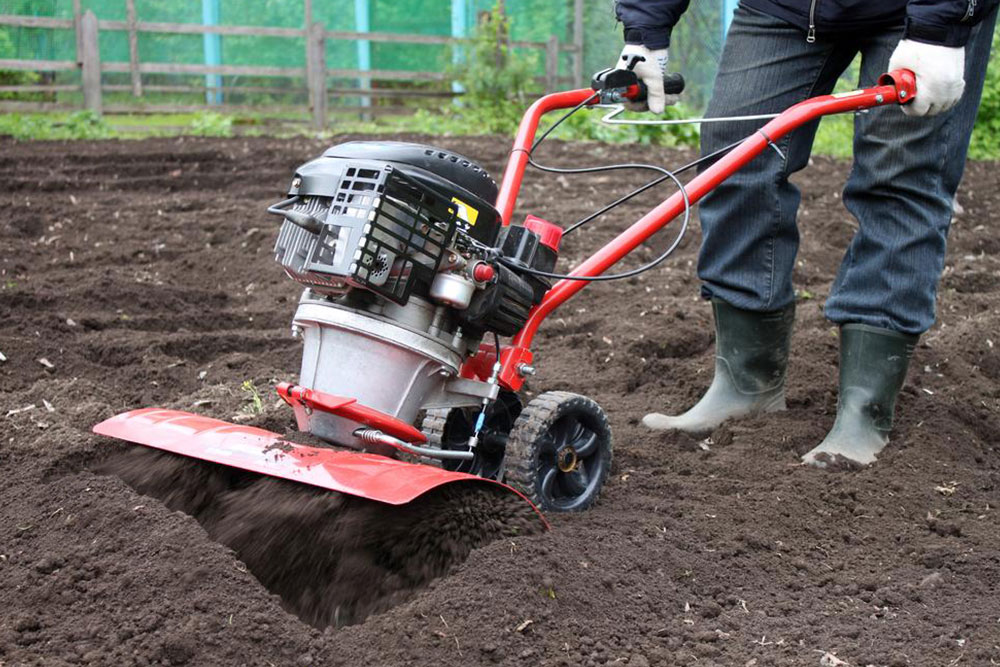
Comprehensive Guide to Choosing the Perfect Garden Tiller for Your Gardening Needs
Understanding the importance of a reliable garden tiller can significantly enhance your gardening experience. Whether you're a seasoned gardener or a beginner, selecting the right tiller involves considering several critical factors that influence efficiency, safety, and longevity. A well-chosen tiller can make soil preparation, weed control, and mixing nutrients like compost or fertilizer much easier and more effective. In this detailed guide, we will explore the essential considerations you need to keep in mind before purchasing a garden tiller to ensure you make an informed decision tailored to your specific gardening needs.
Evaluate Your Garden Size and Tiller Compatibility
Before investing in a garden tiller, it's crucial to assess the size and scope of your gardening area. Small to medium-sized gardens, typically under 1,000 square feet, often benefit from electric tillers. These models are lightweight, portable, and generally easy to handle, making them perfect for homeowners with limited space or those who prefer effortless maneuverability. When choosing an electric tiller, consider the cord length if it's corded, or opt for a reliable battery-powered cordless model for enhanced flexibility. For larger gardens or commercial gardening purposes, gas-powered tillers are the more effective choice due to their increased power and runtime. These models can efficiently handle extensive plots, tougher soil conditions, and heavier workloads. Additionally, soil type plays a role; loamy, soft soil demands less horsepower, while rocky or compacted soil requires a more powerful, durable tiller capable of breaking through tougher terrain.
Handling and User Comfort
Comfort during operation significantly impacts productivity and safety. When selecting a tiller, examine its weight, size, and ergonomic features. Electric models tend to be lighter, making them easier to maneuver, especially for users with limited strength or those who need to work for extended periods. Gas-powered models, although heavier, often have features like adjustable handles, cushioned grips, and lightweight construction options to improve handling. It's advisable to test the tiller if possible or consult dealer specifications and reviews to gauge ease of use. A tiller with intuitive controls and minimal vibration will reduce fatigue and help you work efficiently and safely in your garden.
Budget Range and Cost-Benefit Analysis
Garden tillers vary widely in cost, with basic models starting at around $100 and high-performance, commercial-grade units reaching up to $3,000 or more. The key to choosing the right tiller within your budget is understanding its engine power, features, and durability. Higher horsepower models offer superior performance, especially in challenging soil conditions, but may be unnecessary for small gardens or casual gardeners. Define your budget in advance and seek models that provide the best value regarding features and longevity. If budget constraints are tight, consider alternatives like manual cultivators or smaller electric tillers, which are more affordable but still effective for small-scale gardening tasks.
Storage Needs and Space Availability
Proper storage of your garden tiller is vital for its longevity and safety. Larger, more powerful gas models occupy more space and require secure storage in sheds or garages. Measure your available storage area beforehand to ensure the tiller fits comfortably and can be accessed easily when needed. Compact electric tillers are more space-efficient and portable, making them ideal for homeowners with limited storage options. Also, consider whether you'll need to move the tiller frequently and select a model that aligns with your storage capabilities.
Durability, Safety Features, and Warranty
A tiller is an investment that should last for many seasons. Focus on models built with durable materials such as reinforced steel or high-quality plastics that can withstand tough soil conditions and frequent use. Always review the manufacturer's warranty to understand coverage in case of mechanical issues or defects. Safety features like blade guards, emergency shut-off switches, and vibration reduction mechanisms are essential to protect operators from potential injuries. Opting for reputable brands with positive reviews and after-sales support will ensure your tiller remains reliable and safe during prolonged use.
In conclusion, choosing the ideal garden tiller involves a comprehensive evaluation of your gardening needs, soil conditions, budget, storage space, and safety requirements. By carefully analyzing these factors, you can select a tiller that enhances your gardening efficiency, ensures safety, and offers durable performance for years to come. Make sure to research different models, read customer reviews, and consider expert advice to find the perfect match for your gardening ambitions.
